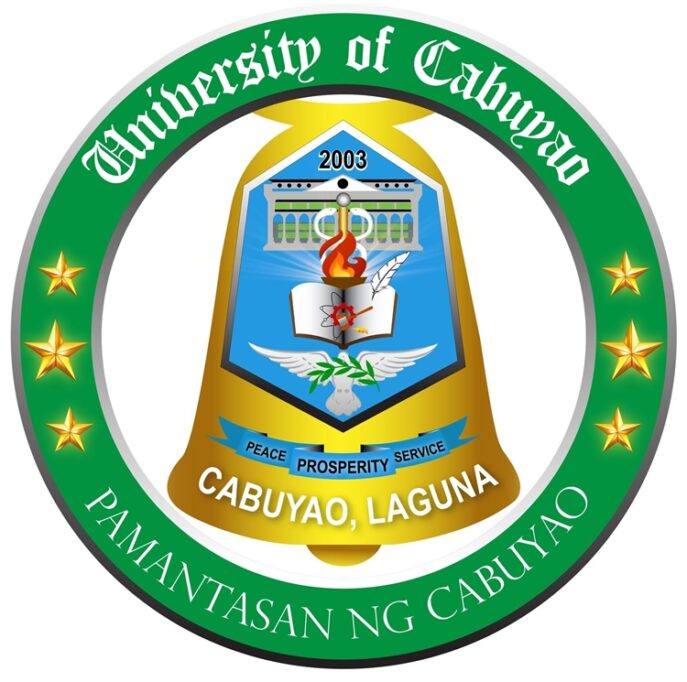University in Laguna Elicits Mixed Reactions for English Only Policy
LAGUNA – A university in Cabuyao has sparked widespread reactions following its announcement of an “English Only Policy” (EOP), that took effect on February 3, 2025.
The policy mandates that all official transactions, classes, and interactions within the institution be conducted exclusively in English, both in spoken and written communication. This applies to students, faculty, staff, and university personnel, to foster a strong English-speaking environment and produce globally competitive graduates.
The announcement was posted on the university’s official Facebook page and signed by the Officer-in-Charge President, Librado Dimaunahan. The university emphasized that strict compliance is required, encouraging full support from the academic community. The policy aligns with the institution’s vision of creating a “world-class” and “globally competitive” student body, officially designating the school as an “English Speaking Campus.”

The policy quickly became a hot topic online, drawing criticism from various sectors. Former Commissioner of the Commission on the Filipino Language, Jerry Gracio, expressed frustration over the decision. At the same time, professor and writer Ferdinand Pisigan Jarin questioned the belief that one language is superior to another, even calling the policy unconstitutional.
Numerous netizens also voiced their disapproval. Some questioned why the university appeared to be regressing instead of progressing. Others pointed out that prestigious institutions like the University of the Philippines (UP) do not enforce such policies yet still produce world-class graduates. A student specializing in Filipino studies argued that understanding one’s native language should be prioritized to ensure effective communication.

Many also cited Japan and other non-English-speaking nations as examples of countries that have achieved global competitiveness without enforcing English-only policies. Others urged the university to focus on addressing internal issues rather than implementing what they called a “colonial-minded” policy.
Despite the backlash, some supported the initiative, highlighting the importance of English in international communication, business, and employment opportunities. Supporters cited national hero Jose Rizal’s multilingualism and the necessity of English proficiency for careers in fields such as customer service and international trade.
The university’s post has gained significant traction online, accumulating over 5,200 reactions, 2,300 shares, and 564 comments. As of now, the university administration has not released any statement addressing the controversy.

